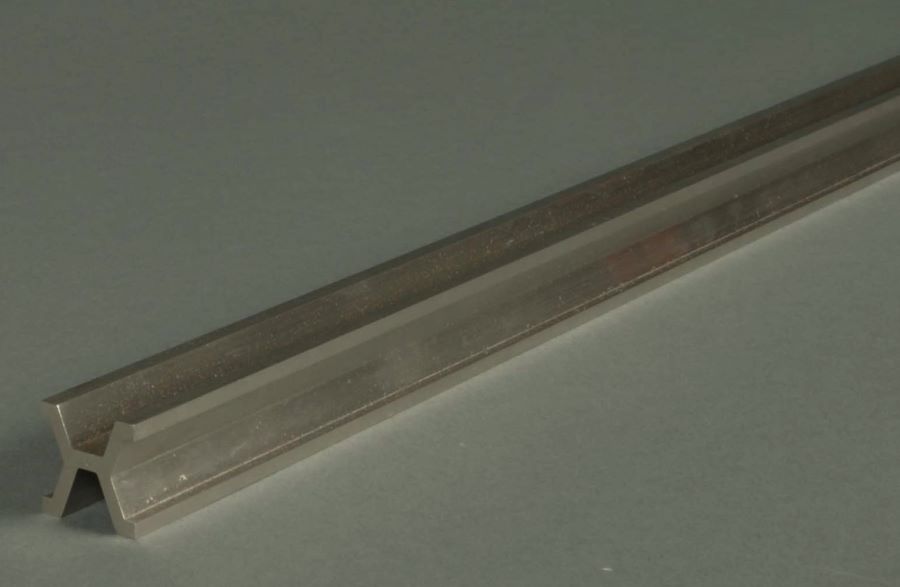A meter is a fundamental unit of length in the International System of Units (SI). It is used to measure distances, lengths, heights, and widths in various contexts, from everyday activities to scientific research.
The meter is defined as the distance traveled by light in a vacuum during a time interval of 1/299,792,458 of a second. This definition was established in 1983 by the 17th General Conference on Weights and Measures (CGPM) to replace the previous definition based on a physical prototype.

A meter bar, also known as a standard meter bar, is a physical artifact historically used as a reference for the measurement of length. It is made of a durable material such as platinum-iridium alloy.
Before this redefinition, the meter was originally defined as one ten-millionth of the distance from the Earth's equator to the North Pole along a meridian passing through Paris. This definition was based on the Earth's dimensions and was adopted in 1795 during the French Revolution. However, due to the limitations and imperfections of using the Earth's size as a standard, the definition was later revised to the current one based on the speed of light. (Length Unit Conversion)
The new definition of the meter provides a more precise and universally applicable standard, ensuring consistency and accuracy in measurements across different scientific disciplines and technological applications.
